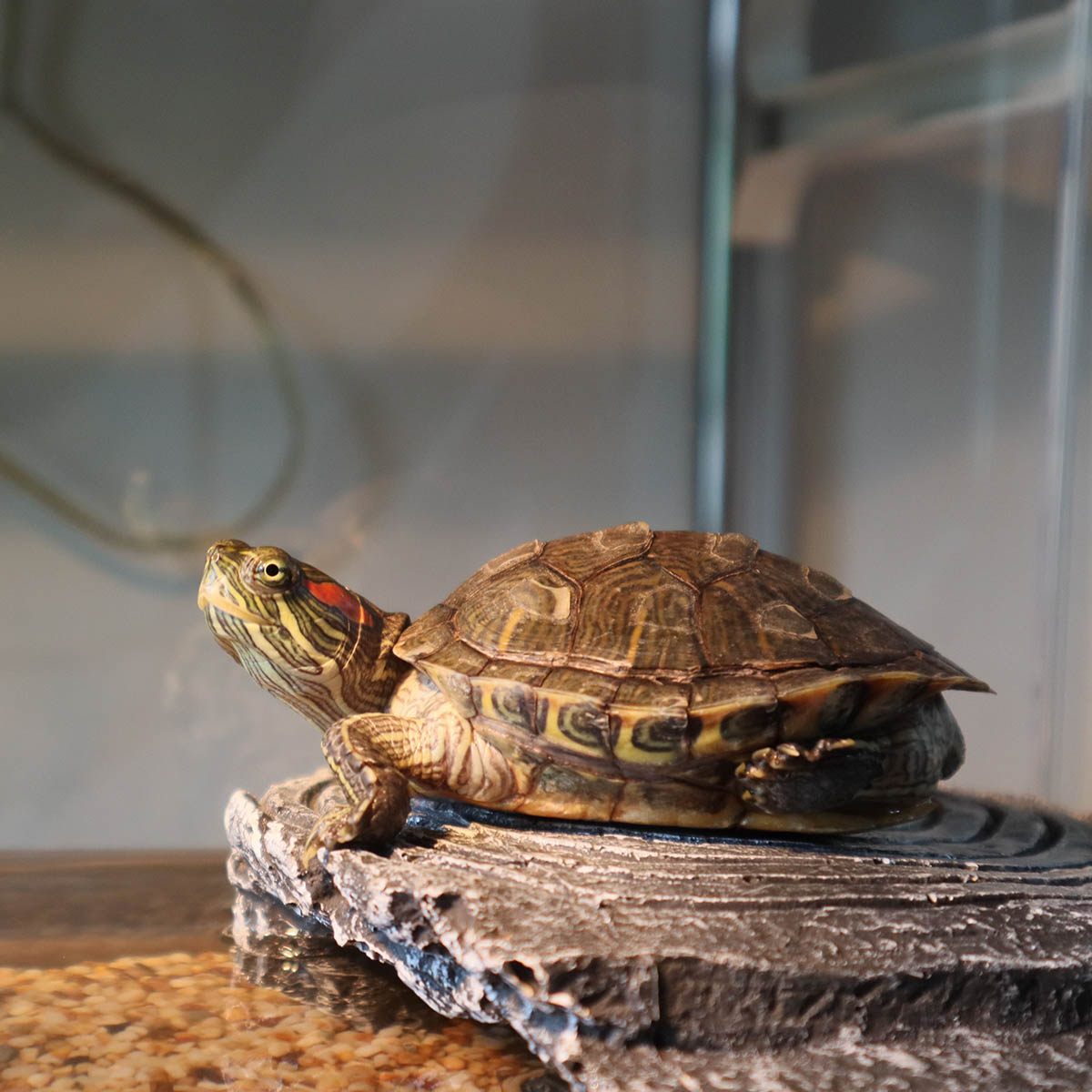Adopting a turtle is a rewarding endeavor that requires thoughtful preparation and commitment. This guide will walk you through the key aspects of turtle adoption, ensuring a fulfilling experience for both you and your new shelled companion.

Understanding Turtle Adoption
Turtle adoption can take two primary forms: bringing a live turtle into your home or participating in symbolic adoption programs that support conservation efforts.
-
Live Turtle Adoption: This involves providing a home to a pet turtle, necessitating comprehensive knowledge of their care requirements.
-
Symbolic Adoption: Through organizations like the Turtle Foundation, you can symbolically adopt a sea turtle, contributing to conservation projects that protect these creatures in the wild.
Choosing the Right Turtle Species
Selecting a turtle species that aligns with your lifestyle and experience level is crucial. Common pet turtle species include Red-Eared Sliders, Box Turtles, and Painted Turtles. Each species has unique needs and behaviors, so thorough research is essential before making a decision.
Setting Up the Ideal Habitat
Creating a suitable environment is vital for your turtle's health and happiness. Key considerations include:
-
Enclosure: Aquatic turtles require tanks with both water and basking areas, while terrestrial turtles need spacious, secure enclosures.
-
Temperature and Lighting: Proper heating and UVB lighting are essential for thermoregulation and shell health.
-
Substrate and Decor: Choosing appropriate substrates and enriching the habitat with hides and plants can enhance your turtle's well-being.
Tutuky's Reptile Product Collection
To assist in creating the perfect habitat, Tutuky's Reptile Collection offers a range of products designed with your turtle's needs in mind. From innovative enclosures to durable accessories, Tutuky provides solutions that combine functionality with aesthetic appeal.
Diet and Nutrition
Turtles have diverse dietary requirements based on their species. A balanced diet may include commercial turtle pellets, fresh vegetables, and occasional protein sources. Consulting a veterinarian experienced with reptiles can help tailor a diet plan suited to your turtle's specific needs.
Health Care and Monitoring
Regular health checks are vital to detect any signs of illness early. Common health issues in turtles include respiratory infections and shell problems. Establishing a relationship with a reptile-savvy veterinarian ensures access to professional care when needed.
Legal Considerations
Before adopting a turtle, it's important to research local regulations regarding turtle ownership. Some regions have restrictions on certain species or require permits. Ensuring compliance with these laws is part of responsible pet ownership.
Conclusion
Adopting a turtle is a long-term commitment that brings joy and educational value. By understanding their specific needs and preparing adequately, you can provide a nurturing environment for your turtle to thrive. Explore Tutuky's Reptile Collection to find quality products that support your journey into responsible turtle ownership.



Share:
Why Does My Kitty Scream at Night? 6 Reasons and Proven Solutions
The Ultimate Guide to Guide Dogs: Training, Benefits, and How They Change Lives